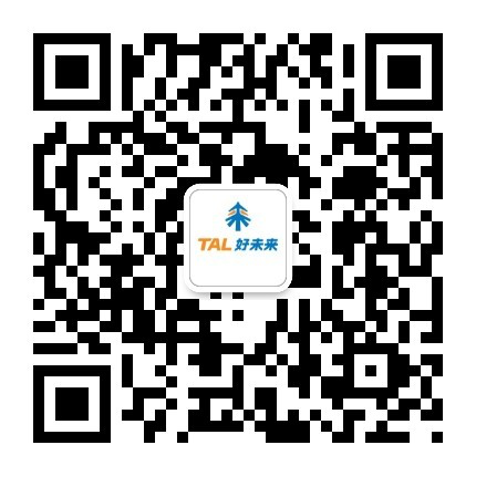
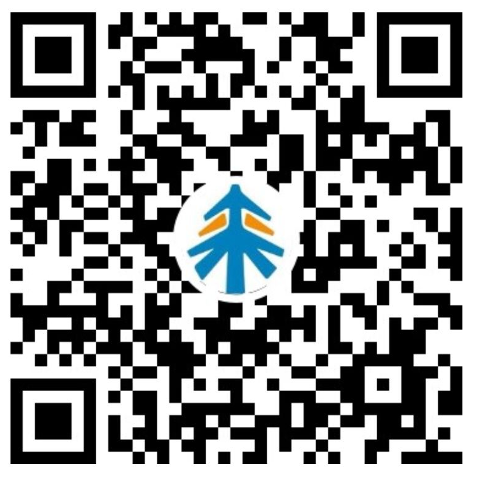
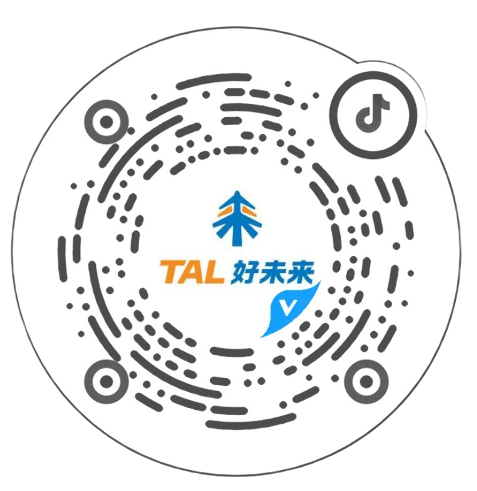
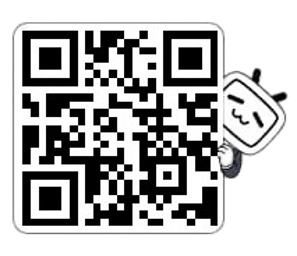
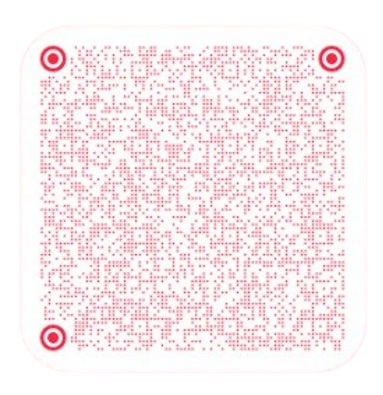
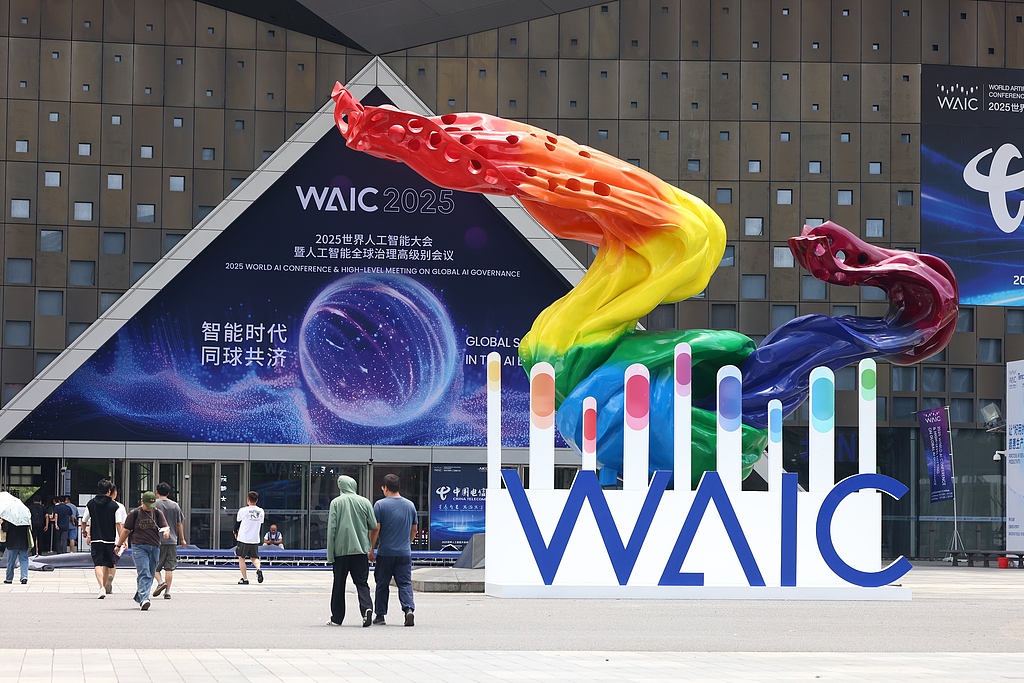
Cailian Press, July 26 (Reporter Xu Cihao) - The "World Artificial Intelligence Conference 2025" kicked off in Shanghai from July 26 to July 28. This year's conference gathered over 800 global companies and showcased more than 3,000 cutting-edge products, covering core fields including large models, AI terminals, and intelligent robots.
As part of this grand technological event, the "Chain Pi Roundtable," hosted by the World Artificial Intelligence Conference Organizing Committee and co-organized by Cailian Press, the Cailian Press Daily, Xueersi, and Donghao Lansheng Group, was held under the theme of "AI + Education: Reshaping the Future Learning Ecosystem."
From the fusion of general medical models with AI to revolutionary scenarios in industry-education integration, and even industrial restructuring from a capital perspective, every step of exploration in the AI + Education sector is redefining the boundaries of learning. This roundtable event brought together pioneering enterprises, authoritative academic experts, and seasoned investors in the field of "AI + Education" to engage in in-depth interactions and discussions on the future development of this domain.
Laura, the Executive President of Xueersi, delivered a keynote speech entitled "From Learning Support to Growth Enablement: Xueersi's AI Education Ecosystem." In her speech, she delved into the transformative impact of AI on the education industry and shared Xueersi's explorations and practices in this field.
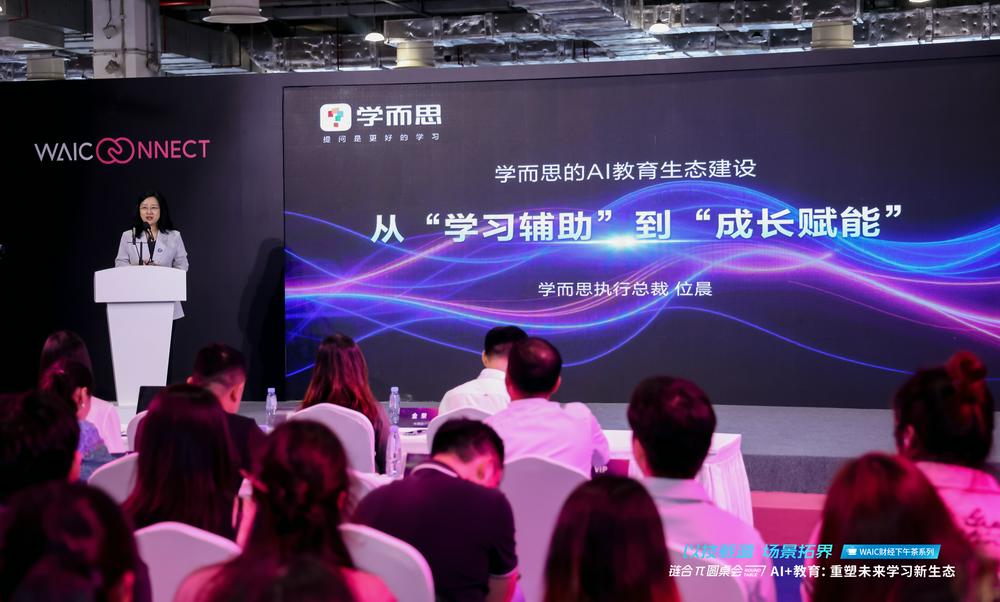
In Laura's view, AI is changing traditional learning methods by providing a wealth of diverse learning resources and personalized learning experiences, helping to address the problem of unequal educational resources.
She began her talk with the example of Wu Yufei, a student from Ganhao Street, Qitaihe, Bijie, Guizhou. Wu's essay was inspired by Xueersi's "Xueersi Smart Learning Devices Tablet Hand-in-Hand Public Welfare Initiative," launched in the spring-summer of last year. The initiative aims to deliver learning tablets and establish smart classrooms for 100 rural schools to empower rural teachers and students. To date, the initiative has reached 43 schools and over 14,000 students, achieving remarkable results. The tablets, equipped with AI large models, offer abundant course resources, assisting students in advancing their studies while providing instructional support for teachers.
“This initiative allowed our frontline engineers to receive direct user feedback, inspiring them to recalibrate their focus on the deep integration of technology and education,” Laura shared.
Since Xueersi's inception under TAL in 2003, it has been committed to integrating technology with education. Early projects focused on building question banks, which have since grown to encompass over 10 billion items, along with extensive video, test paper, and lecture resources.
Notably, Xueersi ventured into the AI space early. It established AI Lab in 2017 and participated in the National Smart Education Open Innovation Platform project in 2019. Its 2023 product, MathGPT, became one of the first industry-specific large models in the educational sector to receive official approval. In July of the same year, Xueersi and Beijing Normal University jointly developed the "MentorVerse" large model centered around the new national curriculum standards for foundational education. This model has now entered AI application marketplaces under the Beijing Municipal Education Commission and is being piloted in over 60 public schools in Beijing.
Amid the increasing popularity of Deepseek and the prowess of general large models this year, Laura elaborated on the necessity for dedicated domain-specific models in education.
In her perspective, general large models are akin to polymaths, while domain-specific models are like specialists. The expansive ecosystem and diverse scenarios in education call for in-depth exploration by specialized companies, research institutes, and regulatory authorities to achieve advantages in functionality and cost-effectiveness. For instance, MathGPT offers personalized solutions tailored to a student's grade, helping to highlight key points and support adaptive learning. Laura envisions a long-term coexistence of general and domain-specific large models.
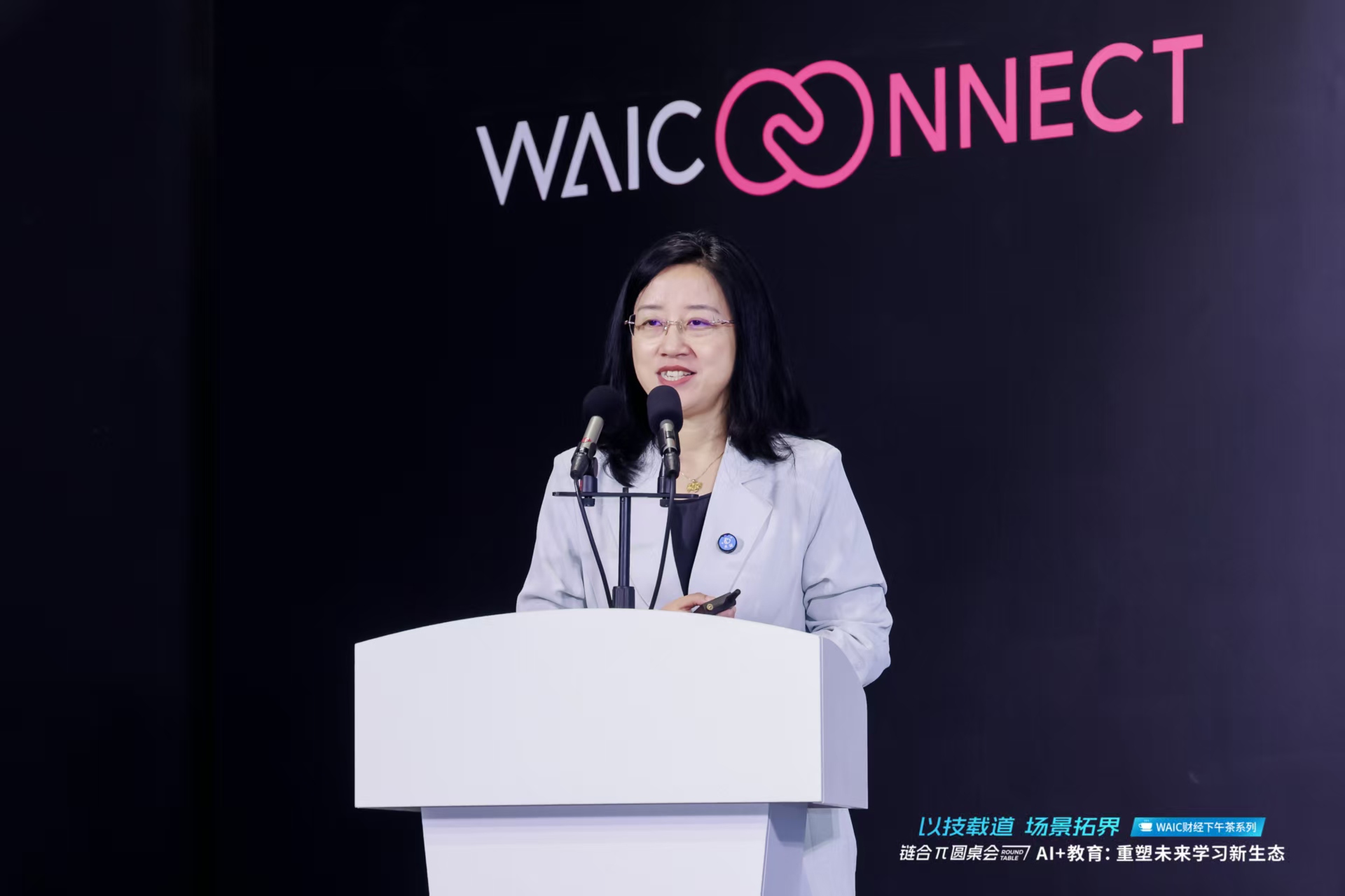
According to Laura, Xueersi's learning tablets, integrated with MathGPT over the past two to three years, offer abundant content and tailored solutions and learning plans based on individual needs. The devices break through the "impossible triangle" of achieving scalability, personalization, and high quality in education. The intelligent assistant "AI Thinkie," adored by children, was activated 2.3 billion times in 2024. Its AI-powered workshop transforms children’s innovative ideas into tangible projects, such as generating picture books, coding, and creating globes. The AI-powered one-on-one tutoring feature functions as an intelligent learning companion, capable of analyzing learning progress, delivering customized learning plans, and improving both learning experiences and efficiency.
Laura concluded that AI's impact on education is just the tip of the iceberg. Future discussions must address how to reconceptualize education and redefine what and how children should learn. "Human creativity, empathy, critical thinking, and teamwork have always been crucial, both now and in the future. Technology is merely a tool. The goal of education is to cultivate students with holistic development in morality, intelligence, physical education, aesthetics, and labor. The imaginative and innovative abilities of children inspire hope, and with the empowerment of AI, they are bound to create a brighter future."
From: CLS https://api3.cls.cn/share/article/2097200?os=CailianpressWeb&sv=862